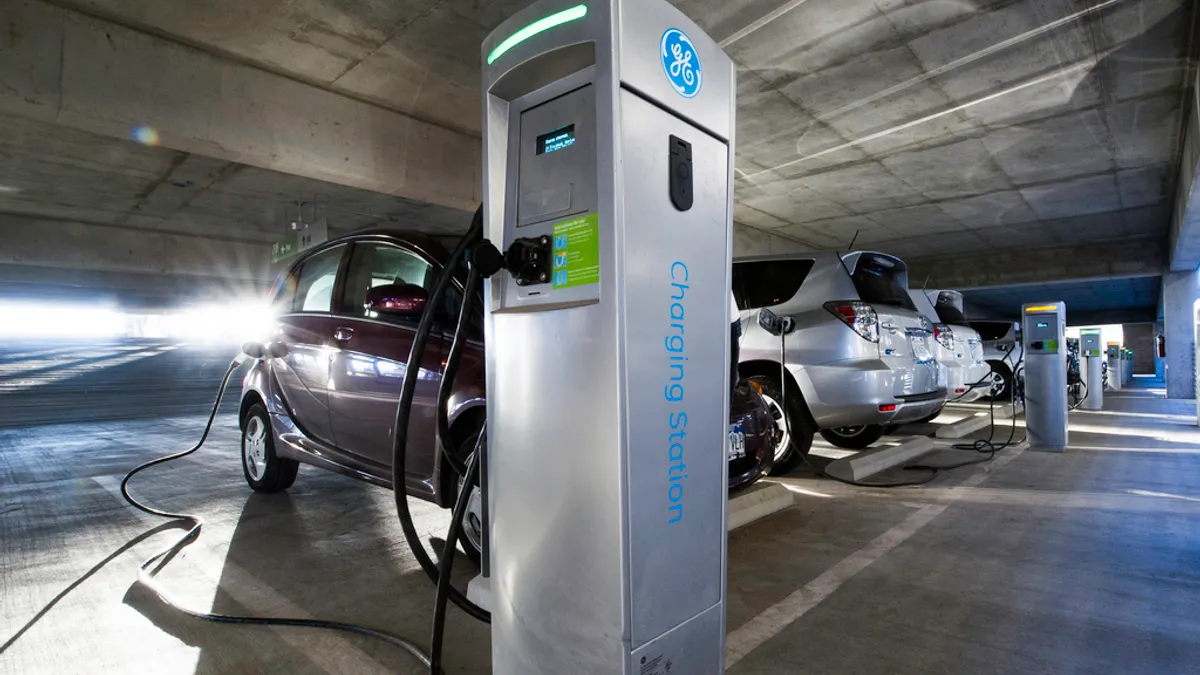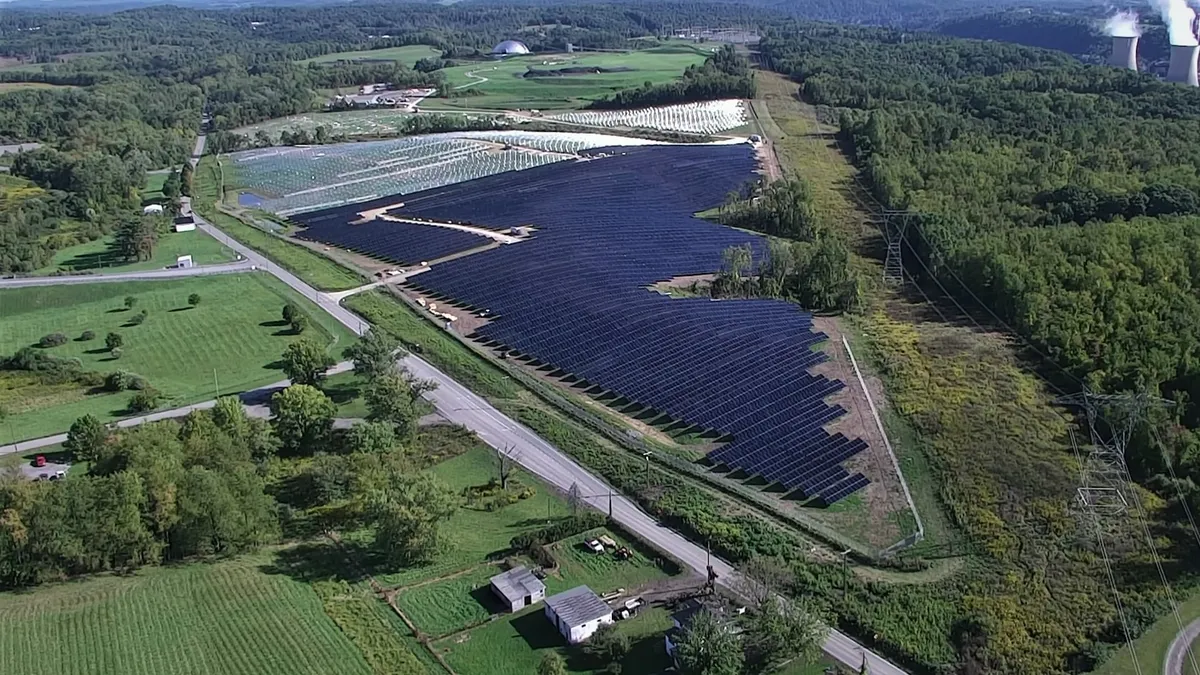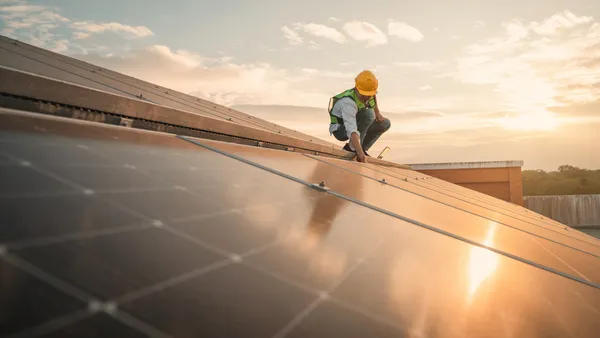Dive Brief:
- The Utah House of Representatives has voted against extending the state's tax credit for electric vehicles, amid arguments it would cost too much and not make economic sense—particularly in a state dependent on coal.
- Utah's credit for a range of electric transportation types expired in 2016, but Rep. Steve Handy (R) sponsored House Bill 29 to extend the credits until 2022. The measure failed by the slimmest of margins, 37-38.
- Utah is 7th in the United States for electric vehicle adoption, and has partnered with Nevada and Colorado to develop a regional electric vehicle charging network.
Dive Insight:
It was a razor thin margin, but Utah Representatives have elected not to extend the state's credit, which allowed for a $1,500 credit for purchase of a long-range electric vehicle and smaller incentive for short-range vehicles and electric motorcycles.
Rep. Scott Sandall (R) argued the cost was too high to subsidize a relatively small number of vehicles, saying “[T]hose vehicles are going to be recharged by 70 percent coal. The whole bill does not make sense economically to me."
This year will see how nixing the credit extension will affect plans from Utah and two other Western states to link states through an electric vehicle charging network.
In late 2016, governors from Colorado, Utah and Nevada laid out plans for a 2,000-mile regional electric highway, looking to combine efforts to minimize costs, minimize range anxiety and grow the emissions-free transportation market in those state. The three states combine for more than 10,000 cars on the road. The charging corridor routes will include Interstates 70, 76 and 25 across Colorado; Interstates 70, 80 and 15 across Utah; and Interstates 80 and 15 across Nevada.
According to Utah Electric Vehicles , the state currently has more than 2,100 plug-in vehicles on its roads.















